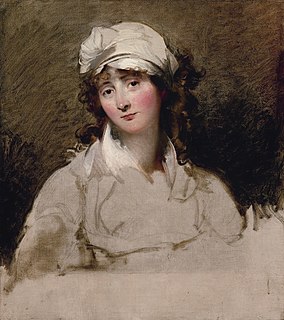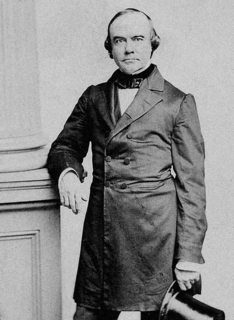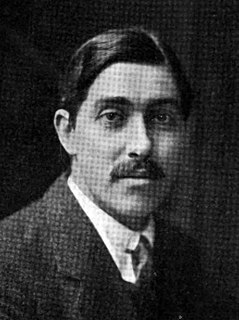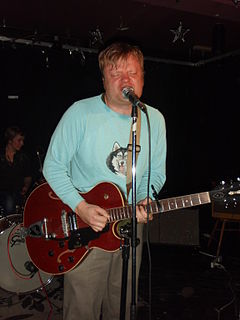A Quote by Karl Lagerfeld
Like poetry, fashion does not state anything. It merely suggests.
Related Quotes
A man of fashion does not like to be reckoned poor, no more than he likes to be reckoned unhappy. We none of us endeavor to be happy, Sir, but merely to be thought so; and for my part, I had rather be in a state of misery, and envied for my supposed happiness, than in a state of happiness, and pitied for my supposed misery.
Fashion rests upon folly. Art rests upon law. Fashion is ephemeral. Art is eternal. Indeed what is a fashion really? A fashion is merely a form of ugliness so absolutely unbearable that we have to alter it every six months! It is quite clear that were it beautiful and rational we would not alter anything that combined those two rare qualities. And wherever dress has been so, it has remained unchanged in law and principle for many hundred years.
And finally remember that nothing harms him who is really a citizen, which does not harm the state; nor yet does anything harm the state which does not harm law [order]; and of these things which are called misfortunes not one harms law. What then does not harm law does not harm either state or citizen.
In most of the world, poetry has such a different reputation than it does in Western culture. Poetry is a popular genre in Afghanistan. If you turned on the radio, there would be a poetry program that would be as popular as The Real Housewives. People aren't listening to poetry as if they're taking their vitamins. Instead, it's a popular vessel you can fill with anything. You could fill it with sass. You could fill it with rage. You could fill it with political statements.
The public, as a whole, does not demand or appreciate the pure expression of beauty. Its cultured members expect to find in poetry, if anything, repose from material and nervous anxiety; an apt or chiselled phrase strokes the appetites and tickles the imagination. The more general public merely enjoys its platitudes and truisms jerked on to the understanding in line and rhyme; truth put into metre sounds overwhelmingly true.







































